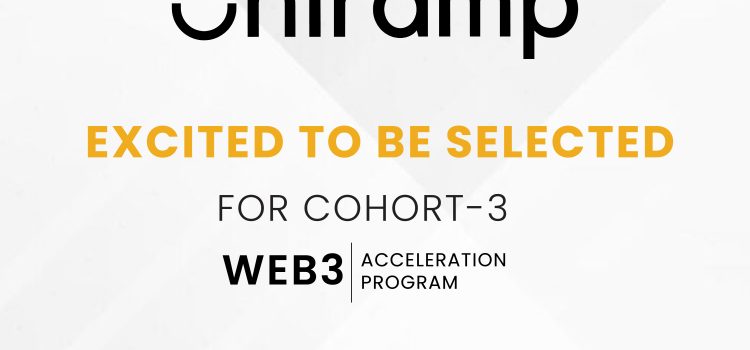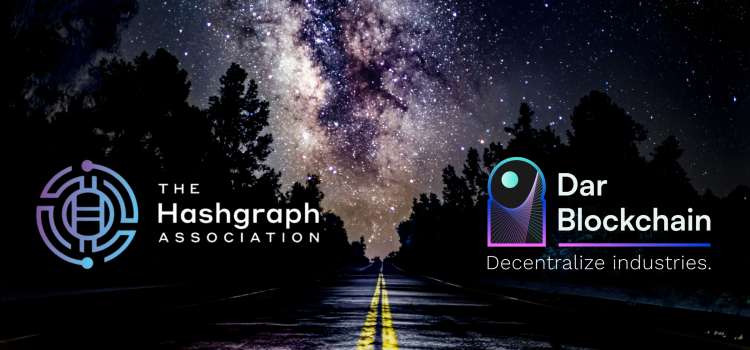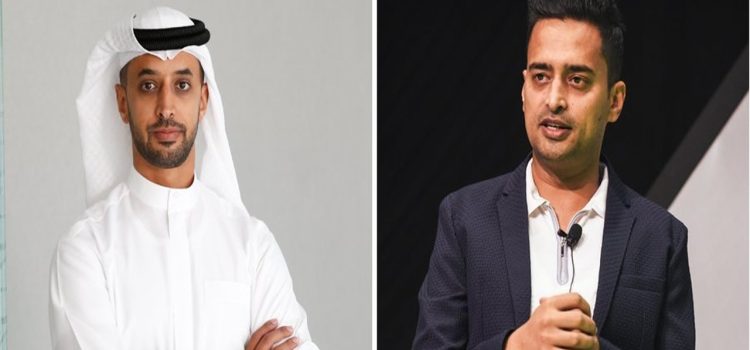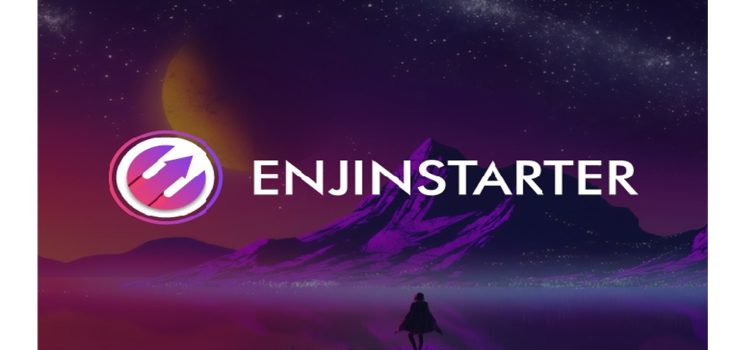
In 2020, as the world grappled with the pandemic, I spent my time analyzing the startup ecosystem in the Middle East, with a particular focus on the UAE. My evaluation wasn’t limited to the region; I studied Silicon Valley, the leading VCs and startup ecosystems in the U.S., Sweden, and beyond, to understand why the UAE, despite all its advantages, isn’t attracting the kind of driven ideapreneurs who want to change the world.
Why is the UAE, with all the governmental support, world-class infrastructure, and regulatory frameworks, falling short of becoming a global startup hub?
Government Efforts vs. The Reality on the Ground
Despite the UAE’s attractive quality of life, security, and central geography, the region still struggles to draw in the caliber of founders that can truly reshape industries. On paper, the conditions are ideal:
Government initiatives, such as Vision 2031, have been clear indicators of the UAE’s intent to diversify its economy and become a global innovation hub. This vision is supported by millions spent on international roadshows, aimed at attracting startups from around the world. For instance, the UAE has hosted roadshows across key global cities like New York, London, and Paris, showcasing its favorable infrastructure and innovation-friendly environment.
Regulatory frameworks, particularly around crypto and fintech, have been designed to create fertile grounds for disruptive industries to flourish.
But for all the fanfare, the desired outcomes aren’t being realized. So why is this happening?
The Flawed Global VC Model and How It’s Failing Startups
Globally, the venture capital model is facing serious challenges. The “fail fast” mantra that once drove Silicon Valley is now being questioned. In 2023, global VC funding dropped by 38% year-over-year, marking its lowest level since 2018(Crunchbase News). Exponential valuations without sustainable business models are no longer viable, and investors are demanding proof of real business potential. Startups are facing increased scrutiny on their fundamentals—profitability, cash flow, and governance—rather than just flashy valuations(KPMG)(Crunchbase News).
The venture capital slowdown has affected all stages of funding, with early-stage funding dropping by more than 40%, late-stage by 37%, and seed funding just over 30%(PitchBook)(Crunchbase News). Globally, investors are becoming more selective, and this trend is particularly harsh on startups that rely on inflated valuations without strong business foundations.
This downturn has led to the emergence of startup studios and incubators that work closely with startups, providing not only capital but also strategic guidance and governance structures to help them succeed. However, even here, the emphasis often shifts back to raising funds rather than building sustainable companies.
These trends validate my perspective that the global VC model is flawed, and further highlight the need for an approach like myqubator, which focuses on creating value over chasing rounds of funding.
Misguided Efforts: Spending in the Wrong Places
In my opinion, we’re pouring resources into areas that aren’t conducive to fostering a real startup ecosystem:
Consultants Designing Without Insight: The startup infrastructure is largely designed by consultants who may understand real estate and licensing, but not the unique needs of ideapreneurs. There’s a focus on building around real estate—glossy office spaces, luxurious accommodations—but little attention to creating environments that encourage risk-taking, creativity, and agility.
High Costs of Living: The UAE’s high cost of living serves as a significant barrier to young, driven founders. They’re burdened with financial pressures that prevent them from focusing on their ideas. The ecosystem should encourage ideapreneurs, not drown them in overheads.
Focus on Short-term Gains: The current investment landscape places too much emphasis on the next funding round and valuations, leaving founders distracted from what really matters: building a product or service that has longevity. Investors strip startups of ownership too early, devaluing their long-term potential and leaving them unmotivated.
Limited Focus on Innovation: The emphasis on valuation over innovation stifles creativity. Startups are pushed to inflate numbers and impress investors instead of refining their products and strategies.
The Solution: A New Investment Model by myqubator
Enter myqubator—a fresh approach to addressing the GCC’s startup challenges. As a VC, incubator, studio, and accelerator all in one, myqubator has a different approach. Our primary focus is on creating value for all stakeholders, and here’s how we’re making that happen:
Building Value, Not Valuations: We ensure startups concentrate on their ideas and execution, not just on their next funding round. Startups onboarded at myqubator undergo rigorous screening to select only the best ideapreneurs with promising solutions.
Patient Capital with Strategic Support: Unlike other investors in the region, myqubator offers patient capital—investments that give startups the room they need to grow, backed by mentorship and guidance on everything from corporate governance to go-to-market strategies.
Global Reach, Local Testing: We welcome startups from around the world, leveraging the UAE’s advantages as a sandbox environment where founders can test and fine-tune their business models before going global.
Governance and Accountability: We ensure that startups understand the value of corporate governance from day one. Founders must have a clear sense of urgency as they follow strict project timelines, preparing them for real-world competition.
A Results-Driven Culture: myqubator is driven by results, not hype. We’re passionate about creating value from ideas that have the potential to transform industries. Every startup we onboard is set on a path to success, with risks carefully managed to protect investor interests.
A Call for Change: Investors Must Embrace a New Mindset
In conclusion, the GCC’s potential to become a global leader in innovation is within reach, but only if the region’s investors are willing to make a radical shift. The UAE doesn’t need more consultants, expensive roadshows, or real estate-based infrastructure; it needs an investor culture that embraces risk, supports ideapreneurs, and invests in long-term success.
If GCC investors don’t change their approach, they will continue to miss out on the most important growth opportunities of our time. The future of innovation lies in sectors like AI, fintech, biotech, and renewable energy—areas where myqubator is already planting its flag.
It’s time for GCC investors to stop being the bottleneck in their own success and start investing in ideas that will change the world.
Written By: Jameel Qeblawi Founder Myqubator













